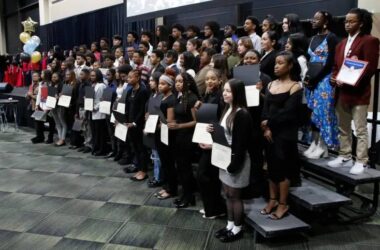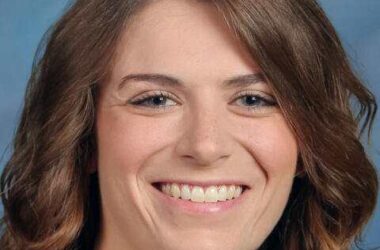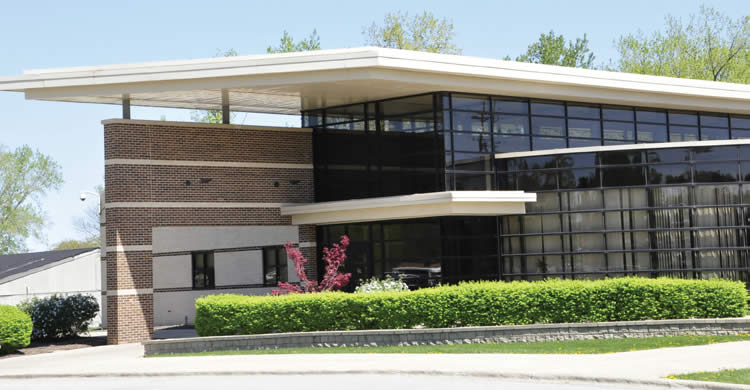University Park, IL–(ENEWSPF)– Governors State University, with the assistance of a $7.1 million federal education grant, will expand and refine teaching programs designed to raise student achievement and improve instruction in nine high-need Chicago Southland school districts.
U.S. Secretary of Education Arne Duncan last week announced the award of new five-year Teacher Quality Partnership (TQP) grants to GSU and 11 other teacher education programs across the country. Duncan said the grants will strengthen teacher preparation in “diverse and challenging classrooms” through residency programs modeled after intense, hands-on training that’s the norm in the medical profession. The grants are financed by the federal stimulus funds through the American Recovery and Reinvestment Act.
With the TQP grant, GSU alternative certification students will work with mentor-teachers in south suburban classrooms for a one-year residency period. They will be paid $30,000 during the residency period, with that salary coming via the federal grant. Teacher candidates will work in high-need, low-income school districts and, after certification, will agree to teach for three years in the partner district. The grant provides funding for about 170 residency placements over the next five years.
Partnering school districts are Calumet Park 132, Posen-Robbins 143.5, Dolton-Riverdale 148, Harvey 152, West Harvey-Dixmoor 147, Lincoln 156 in Calumet City, Ford Heights 169, Thornton High School 205, and Bloom High School 206. The nine districts represent 21,000 students in 37 schools. All have heavy concentrations of minority and low-income students.
Governors State is already nationally renowned for the success of its alternative certification program for persons pursuing teaching credentials after working for years in other fields. For the last 10 years, GSU has partnered with high-need local school districts in alternative certification programs. Under the new residency model, teacher candidates will work side-by-side in the classroom with experienced mentor-teachers.
“The award of this grant is a wonderful confirmation of the high quality teacher preparation at GSU,” said Dr. Karen Peterson, interim director of the alternative certification program in GSU’s College of Education. “This funding, building on the success of our current programs, provides the opportunity to use additional research-based strategies to meet the needs of children in area high-need schools.”
Dr. Pam Guimond, assistant professor of biology education in GSU’s College of Arts and Sciences, said the residency program will produce excellent beginning teachers with the skills necessary to meet the needs of 21st century students. Peterson and Guimond are co-directors of the grant.
“We are very excited about the opportunities this grant makes possible for GSU and its partner school districts to make extensive changes in the way we train professional educators. These changes, aligned with current research, include experiences necessary for producing individuals capable of teaching diverse populations of students,” Guimond said.
GSU’s alternative certification program currently leads to certification in elementary education. GSU plans to expand certification offerings to include bilingual education/English as a second language, and middle school/secondary math and science, pending Illinois State Board of Education approval.
Dr. Deborah Bordelon, dean of the College of Education, said the grant will enhance GSU’s influence as a catalyst for change. “We are honored to receive the highly competitive TQP funding. This collaborative program with its focus on innovative teacher preparation, the teacher residency model, and student achievement, will have an academic, social, and economic impact on our school districts and surrounding communities,” Bordelon said.
During the five year grant period, GSU will collect and use student achievement data to determine the impact of participating teachers on student learning and for continuous program improvement.








